Earlier this year, the Wisconsin Department of Health Services released the Healthiest Wisconsin 2020 Baseline and Health Disparities Report. Many of my colleagues invested a great deal of time and effort into producing the report, which spans over 1,000 pages. It’s definitely worth your time to look at the LGBT chapter and other chapters that apply to you or the communities you live and work in. It can be found here.
I want to offer a brief reflection on how we came to have a report including the health of LGBTQ people in Wisconsin. I learned early in my public health career that in order to get a project funded you have to prove there is a problem. Well, proving there is a problem was the problem. We had health data for people in Wisconsin, but we didn’t know to what extent LGBTQ people were living in those health disparity statistics. There were no questions to help identify LGBTQ people in Wisconsin.
Today: we have two statewide surveys asking about LGB people: the Youth Risk Behavior Survey (YRBS) and the Behavioral Risk Factor Survey (BRFS). Neither allow people to identify as transgender. (There is work being done to get more gender identity options on the YRBS). Also, having LGB added to a Minority Health report is a big change from when Minority Health specifically meant the health of racial and ethnic minorities.
While Wisconsin has become more and more inclusive of LGB people in their health data, we are also living in a different federal environment. The Federal Department of Health and Human Services is committed to gathering data on LGBT individuals to help researchers, policy makers, health care providers, and advocates identify and address health disparities affecting the LGBT population.
I’d like to highlight a few significant findings. Sexual minority youth (includes LGB identified and those with same sex sexual partners) experience earlier initiation of smoking, sex, and alcohol use. They experience higher rates of cocaine and inhalant use, intimate partner violence, and mental health issues such as depression and suicide attempts. Compared to their peers, sexual minority youth feel less like they belong in and are safe at school and less like they are loved and supported by parents.
For adults who identify as LGB, there are significant differences in access to health coverage (25% vs. 13%), experiencing poor health at least one day of the month (49% vs. 35%), and not visiting the dentist (40% vs. 26%).
Maybe like me you are wondering, does our health get better? We’ll need more years of data and/or different, larger data sets.
This brings me to my first look forward: adding sexual orientation, gender identity, and sex of sex partner to the fields in electronic medical records would be a huge leap forward. Yes, this means we’d be out in our medical records. And again, a gentle nudge: we need to be counted to be counted.
This is what happens when you collect data on LGBT people. You find out a lot about our communities—a lot to improve and a lot of resilience. I suggest a three-step approach to the question “What do we do now?”
Pay attention to the data, even if you don’t like it. I’ve worked in HIV prevention for over 15 years and LGBT intimate partner violence for over 10. I understand that these and other issues feel like constant strikes against us. I know there are a lot of other battles to fight in our communities, so pointing out these disparities might seem counter to those goals. However, we must pay attention to the health issues—our lives depend on it, and they weave through the fabric of all of our other battles.
Ask about it. In other words, hey can we get some help over here? I know it is hard to bring up these issues with our friends, family, and providers. However, we need emotional and financial support for these issues if we are to reduce disparities.
Do it. If you experience these disparities, talk about them with your support systems and providers. Start noticing where providers could do better to include and serve us.
There is no lack of work to be done. But, in the words of Jack McFarland (yes, I am dating myself by quoting Will & Grace), “The more you know…and shooting star.” We can only address these issues if we recognize them, ask questions, and talk them up.
Molly Herrmann is an activist, researcher, trainer, and consultant on LGBT intimate partner violence (IPV) with Humble Pie Consulting. She also currently works as a health educator in the state AIDS/HIV Program.

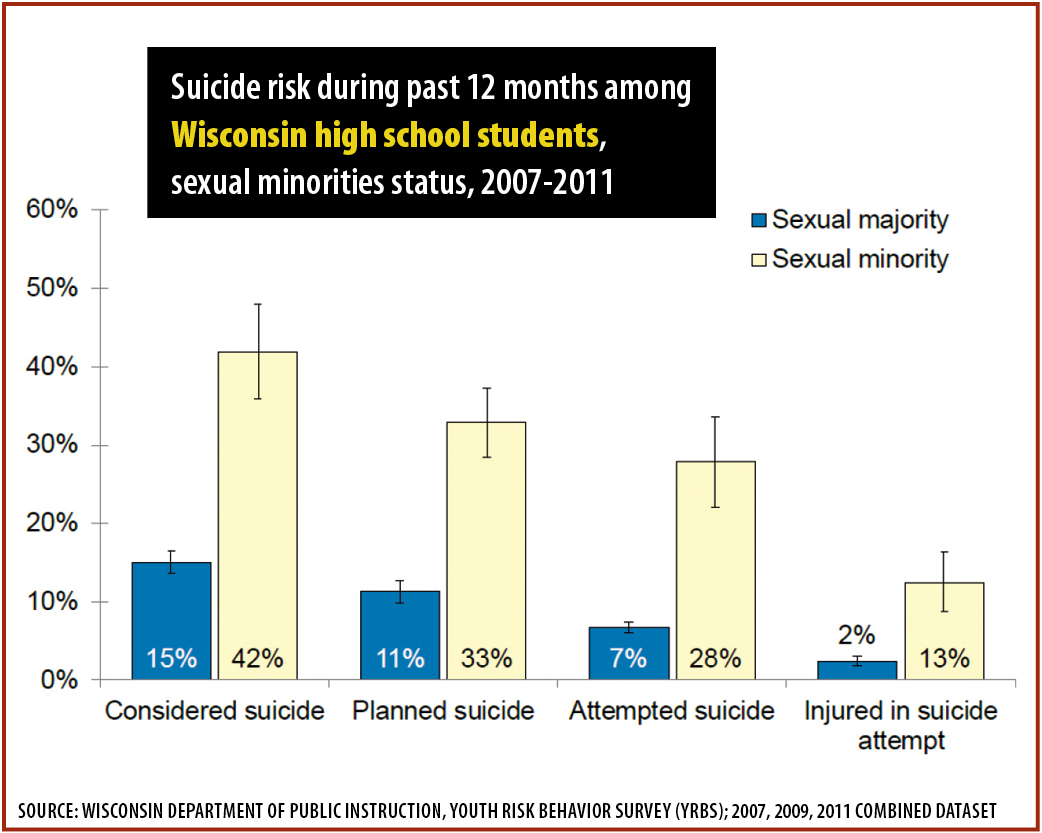

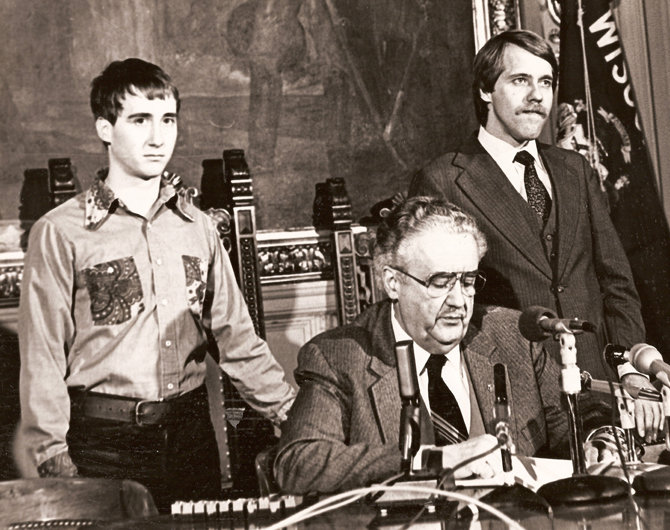
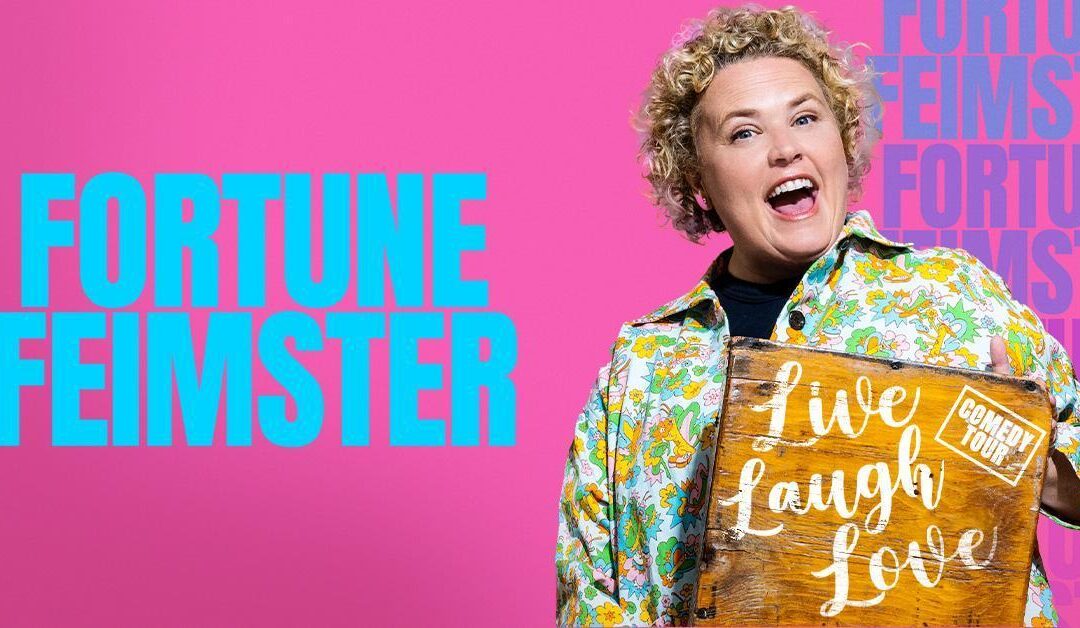


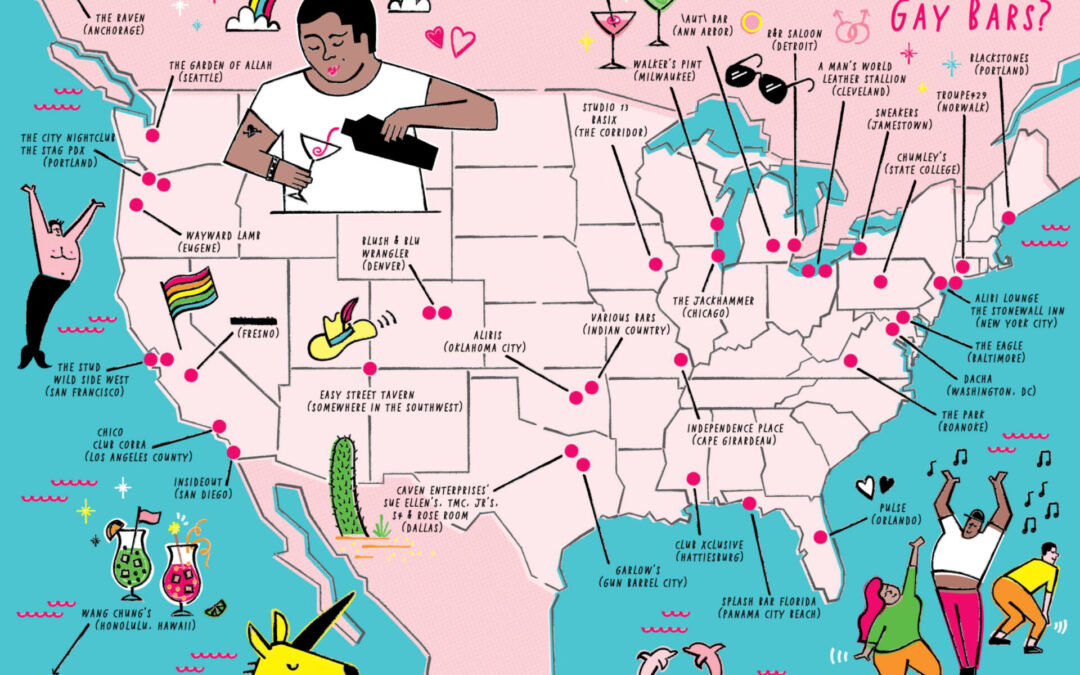


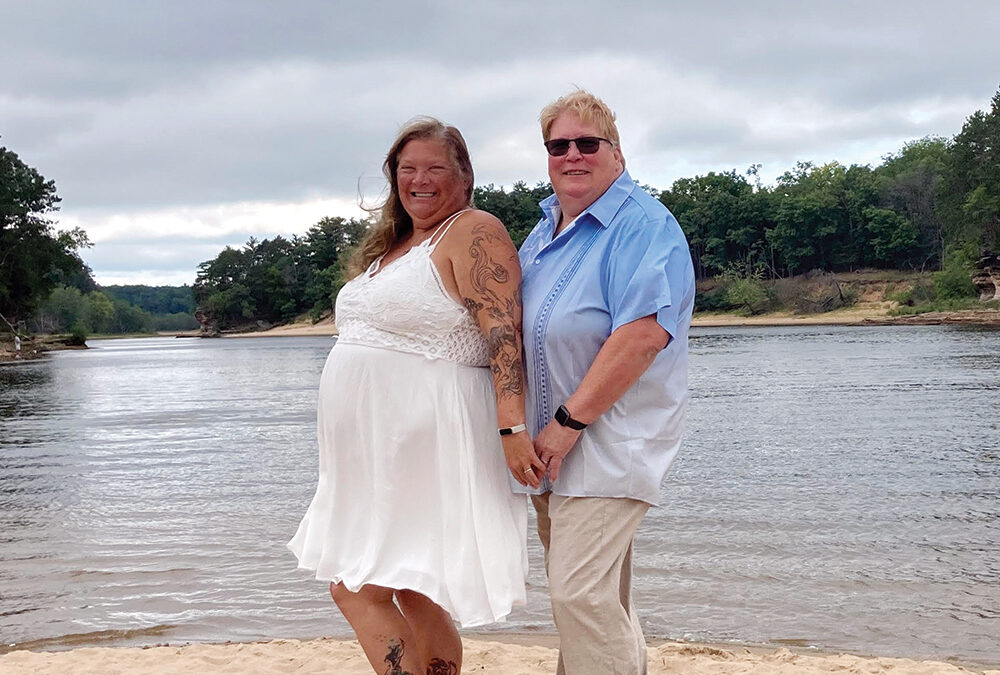
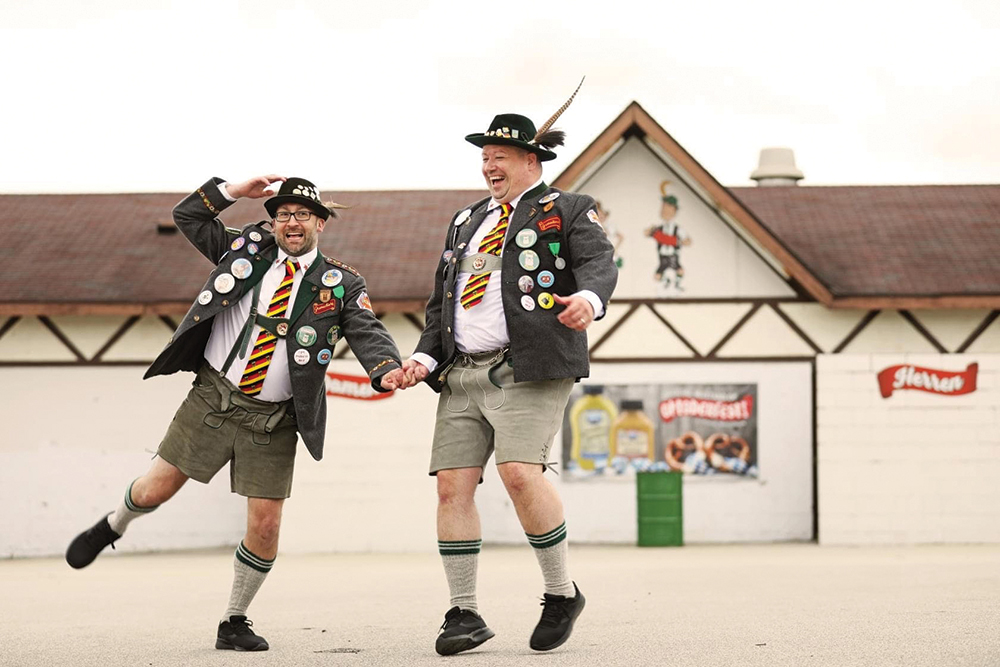
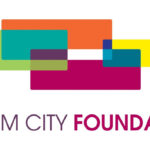






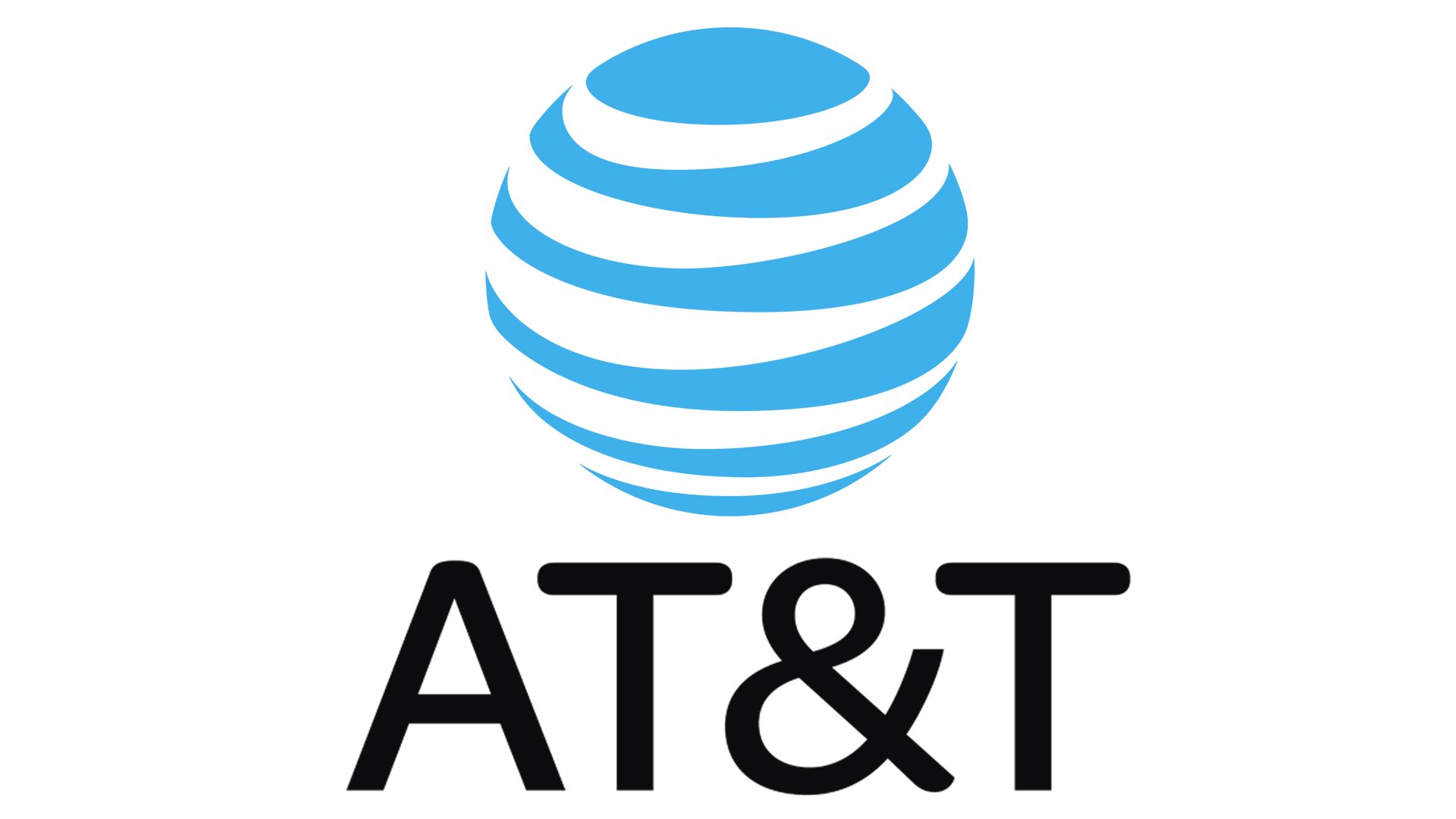



0 Comments